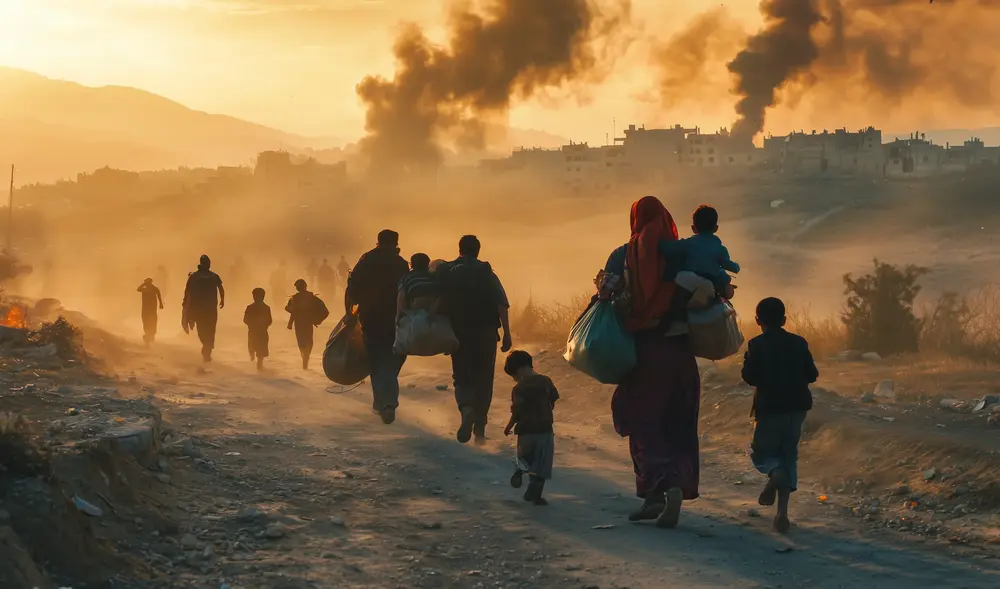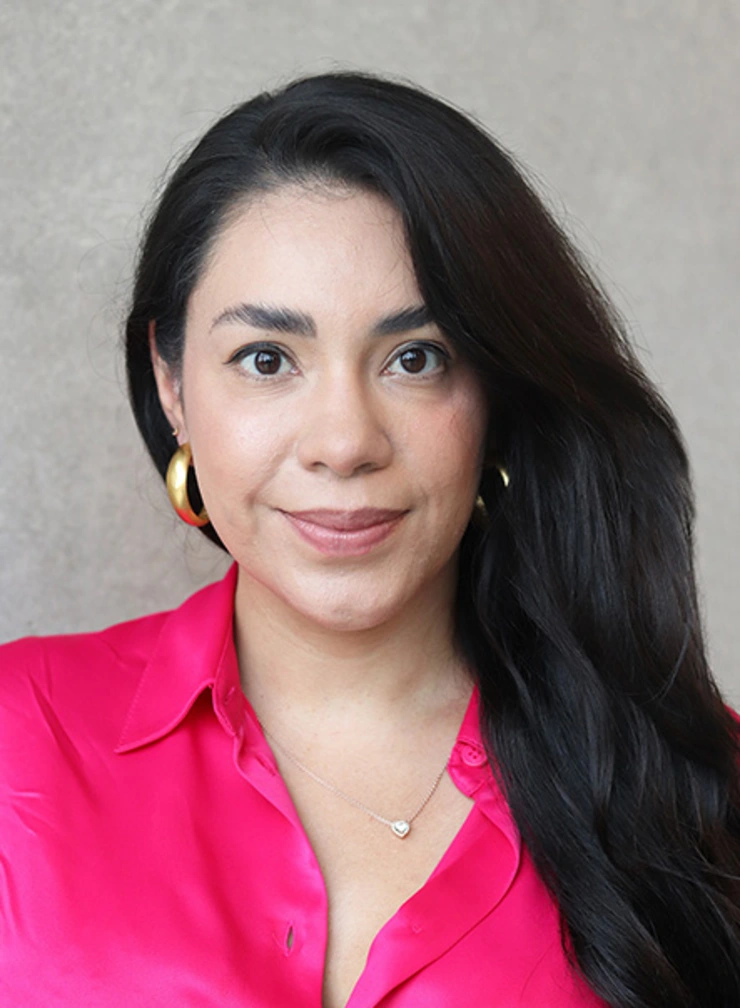Bridging ethics and post-conflict realities: reflections on two recent publications

In the dynamic field of peace and conflict studies, our research often traverses diverse terrains—from the ethical considerations of engaging with vulnerable populations to the practical challenges of post-conflict reconstruction. My recent publications delve into these critical areas, offering insights that I hope will contribute to ongoing scholarly and policy debates.
In collaboration with Prof. Vivienne Anderson and Anna Burgin, our article titled “Ethical Practice in Research with Refugee-Background Youth: A Dialogic Reflection Using Mohja Kahf’s ‘The Aunty Poem’” (International Journal of Social Research Methodology, 2025) explores the nuanced ethical landscape of conducting research with refugee-background youth. By employing a dialogic and creative framework, we emphasize the importance of relational accountability and emotional honesty in research practice, while also critiquing the limitations of dominant institutional approaches to ethics when working with vulnerable communities.
In this article, we share insights from a three-year participatory action research project based in Aotearoa, New Zealand. We worked with young people from Colombia, Syria, Palestine, and Afghanistan as they navigated education systems, structural barriers, and their own aspirations. This piece offers a deeply personal and political meditation on ethics as daily practice, informed by feminist, decolonial, and relational perspectives.
In a separate line of work, my solo-authored study “Willingness to Protect Civilians After Peace Accords: A Survey Experiment in a Field Setting Among Colombian Soldiers” (Peace and Conflict: Journal of Peace Psychology, 2025) investigates how soldiers’ attitudes toward civilian protection are shaped in the wake of the 2016 Colombian peace agreement. Using a vignette-based survey experiment conducted in a field setting, the article explores how variables such as political ideology, threat perception, and emotional responses influence soldiers’ willingness to protect civilians during the transitional period.
The findings speak to broader questions of post-conflict state-building, the role of the armed forces in peace processes, and the policy implications for strengthening civil-military relations in postwar societies.
Together, these publications reflect my ongoing commitment to examining the intersections of ethics, armed conflict, and public policy. I look forward to discussing these themes further with colleagues and students at the Brandt School and beyond.
About the Author

Alejandra Ortiz-Ayala, PhD, Research Associate and Head of conflict and conflict management specialization at the Willy Brandt School of Public Policy, University of Erfurt. Before coming to the Willy Brandt School, she was a Research Assistant Fellow on a participatory action research project with refugee-background young people in southern New Zealand at the School of Education of the University of Otago.
~ The views represented in this blog post do not necessarily represent those of the Brandt School. ~